A Call for Global Action for Soil Health on World Soil Day
December 5th, COP28 UAE - The Food Systems Pavilion at COP28 was filled with discussions centred around the critical theme of soil health during the event “Common Ground: Soil Health Action for Nature, People, and Climate”, organized by the Coalition of Action 4 Soil Health (CA4SH) to mark World Soil Day.
Key stakeholders, including representatives from governments, the private sector, research and academia, civil society, and youth, gathered to emphasize the significance of preserving and restoring soil health for addressing climate change and biodiversity loss, ensuring food security, and promoting sustainable agriculture.
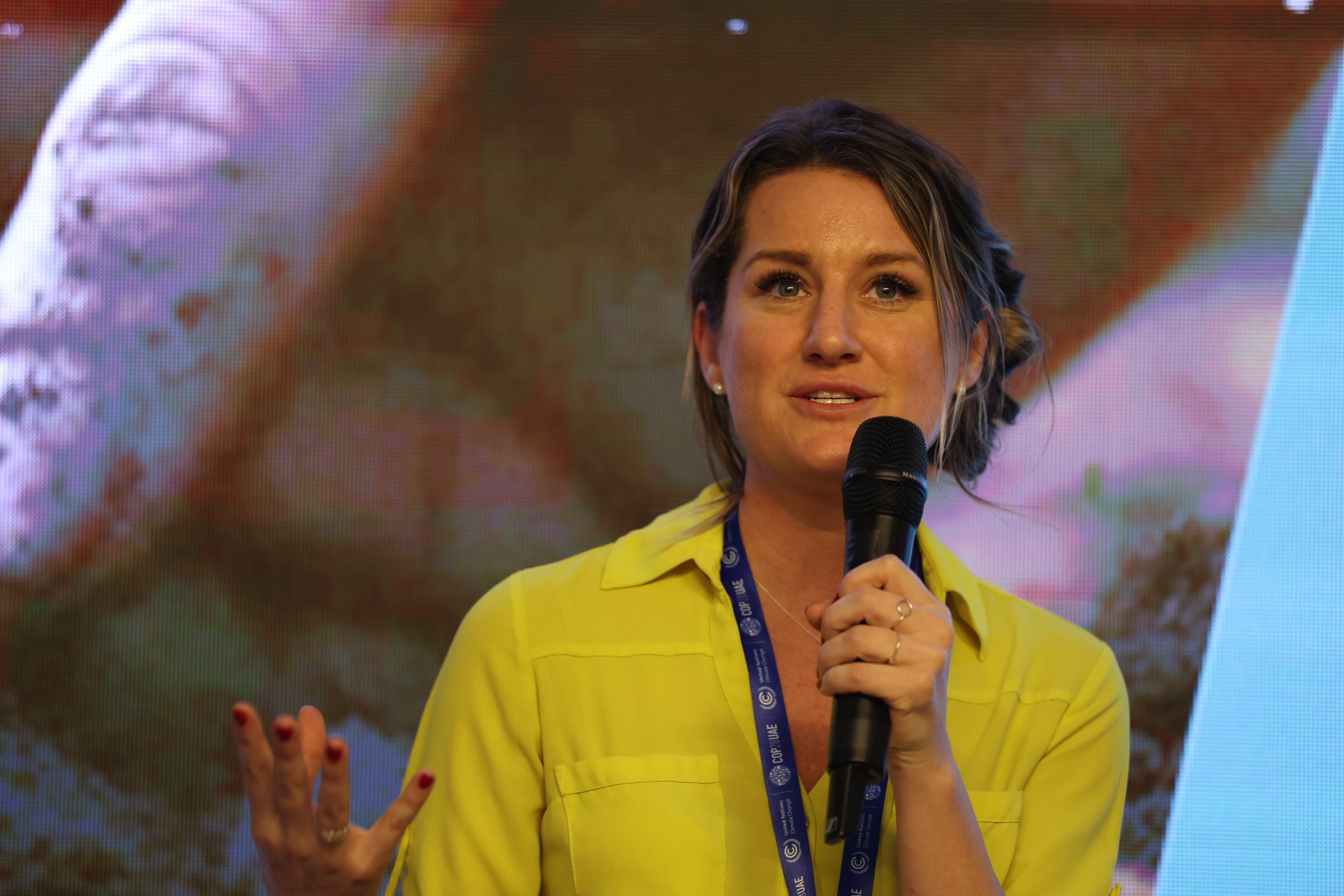
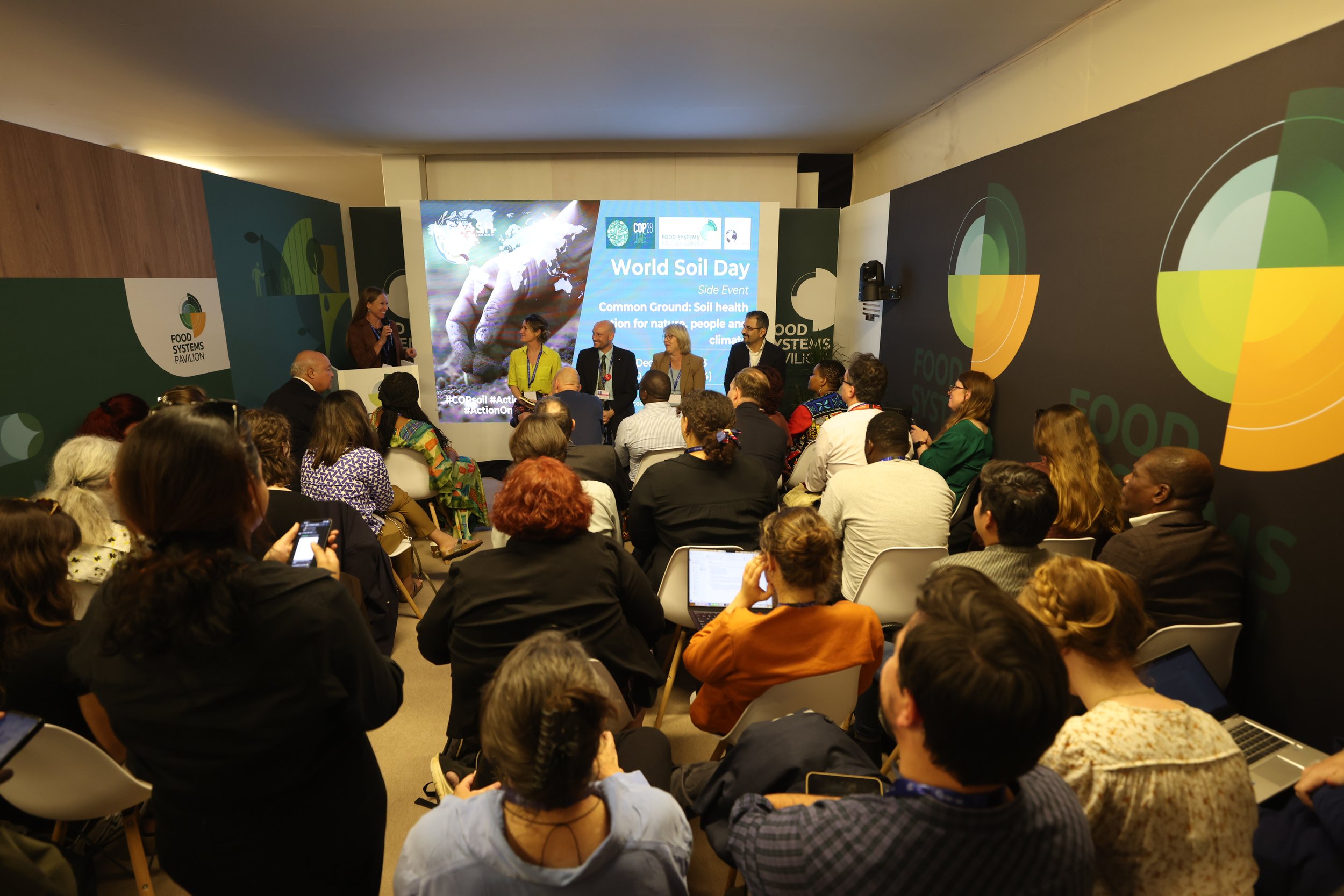
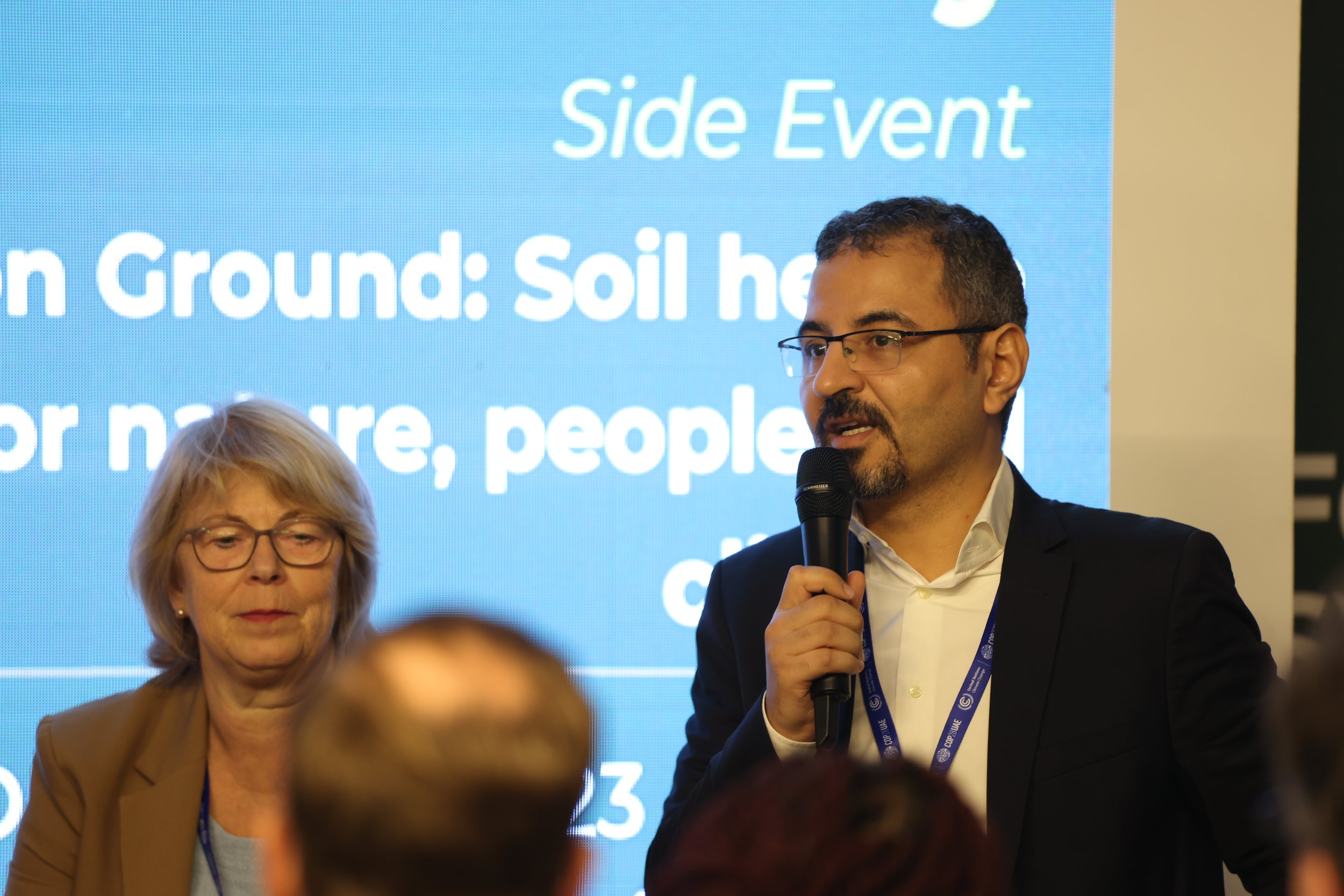
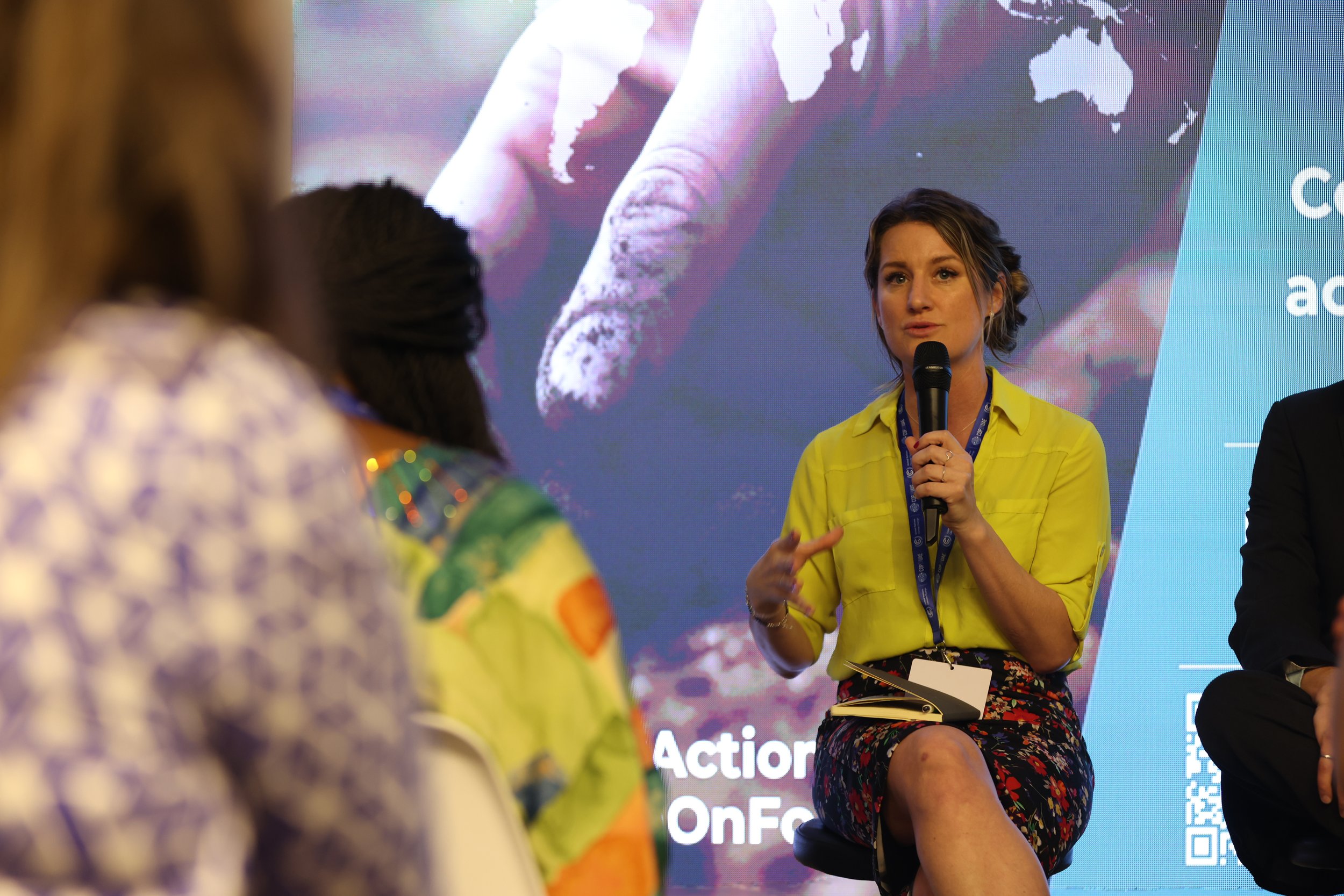
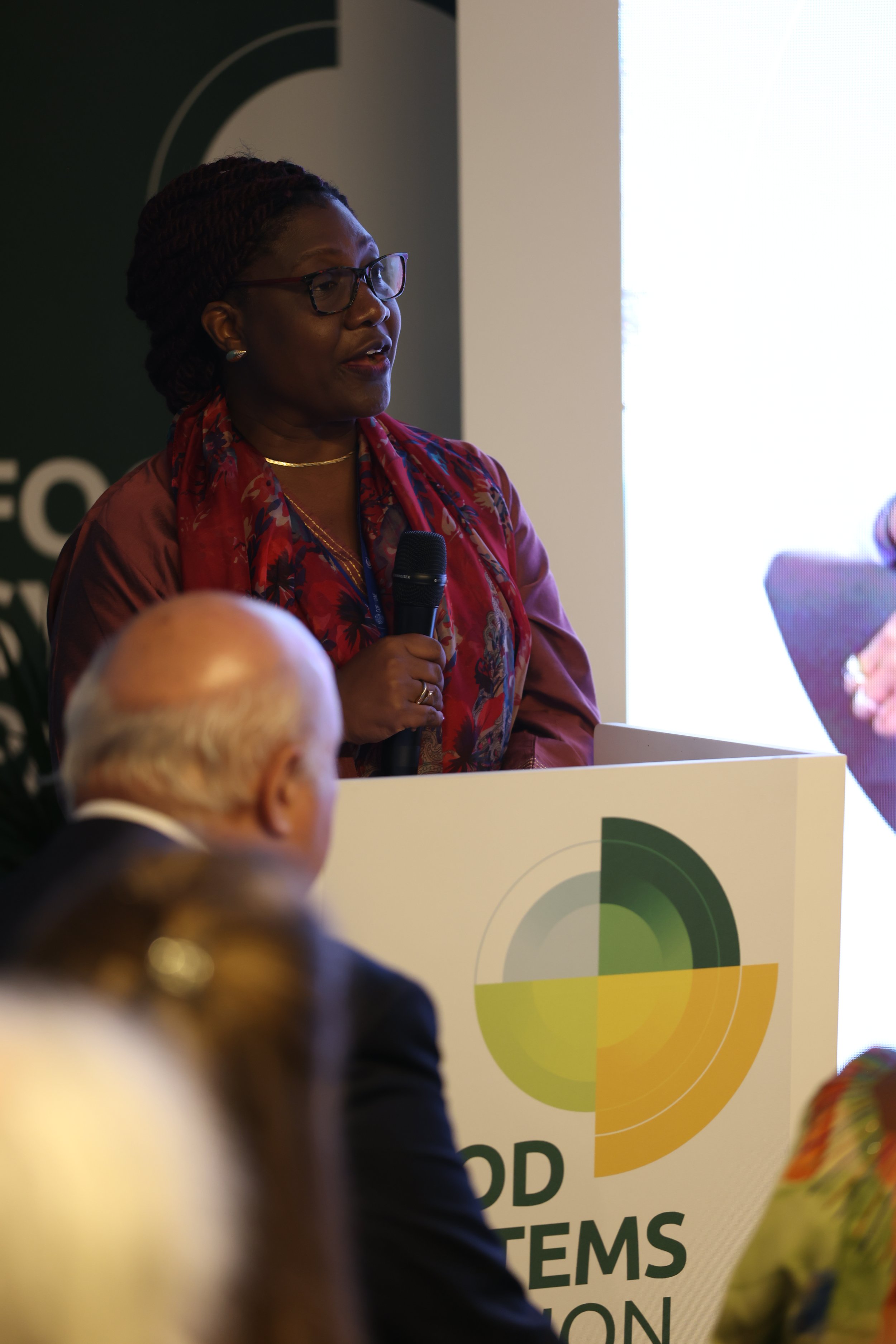
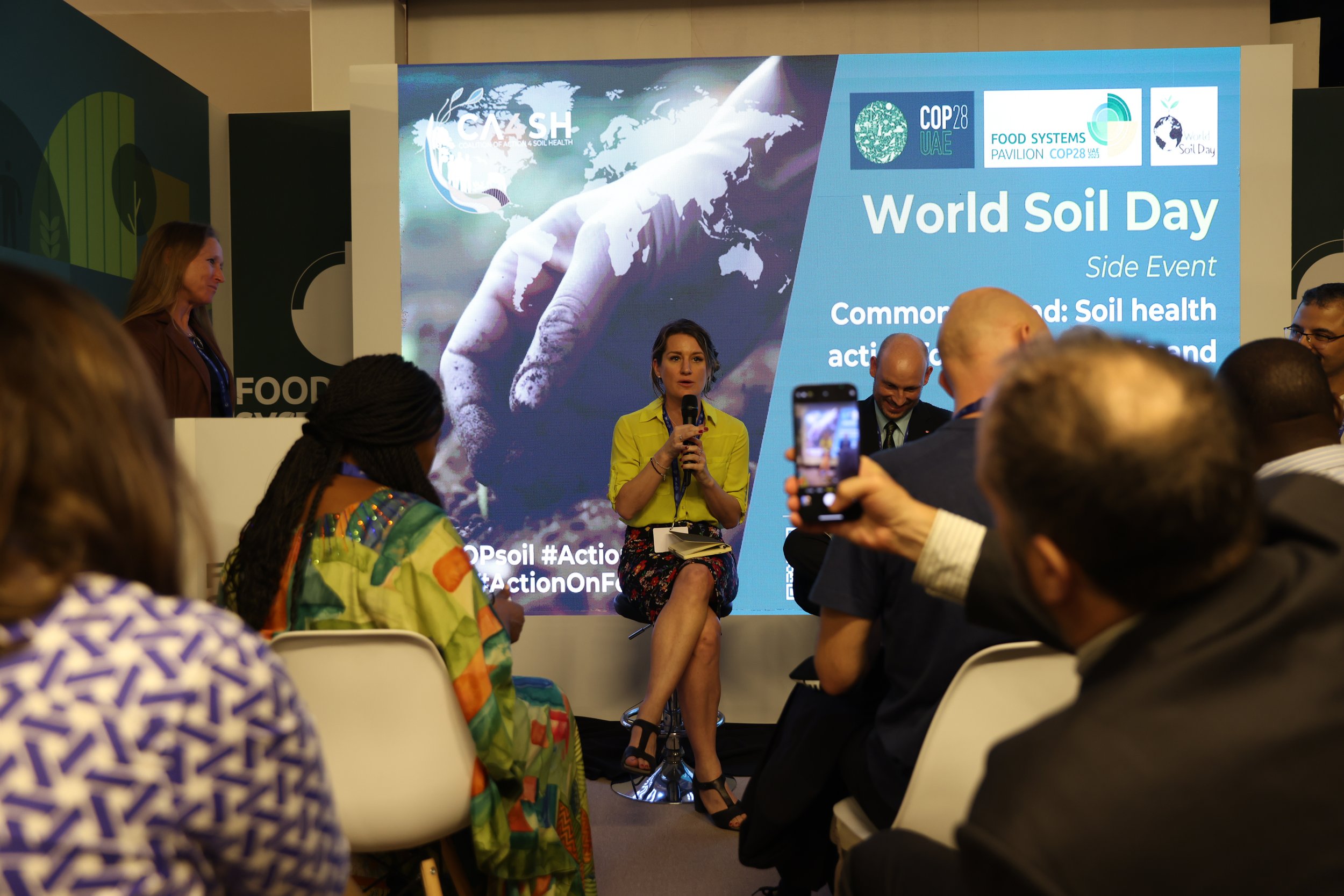
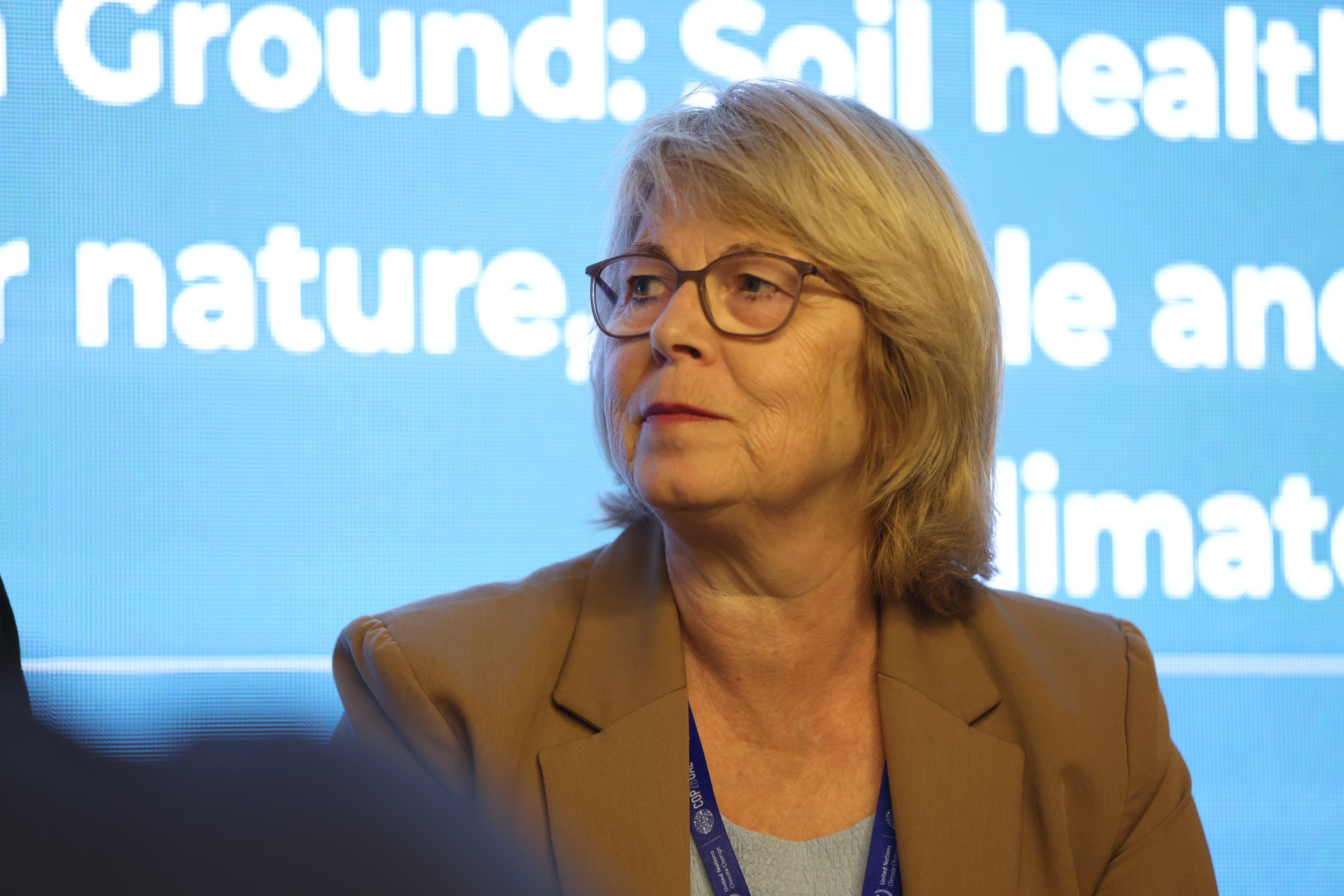
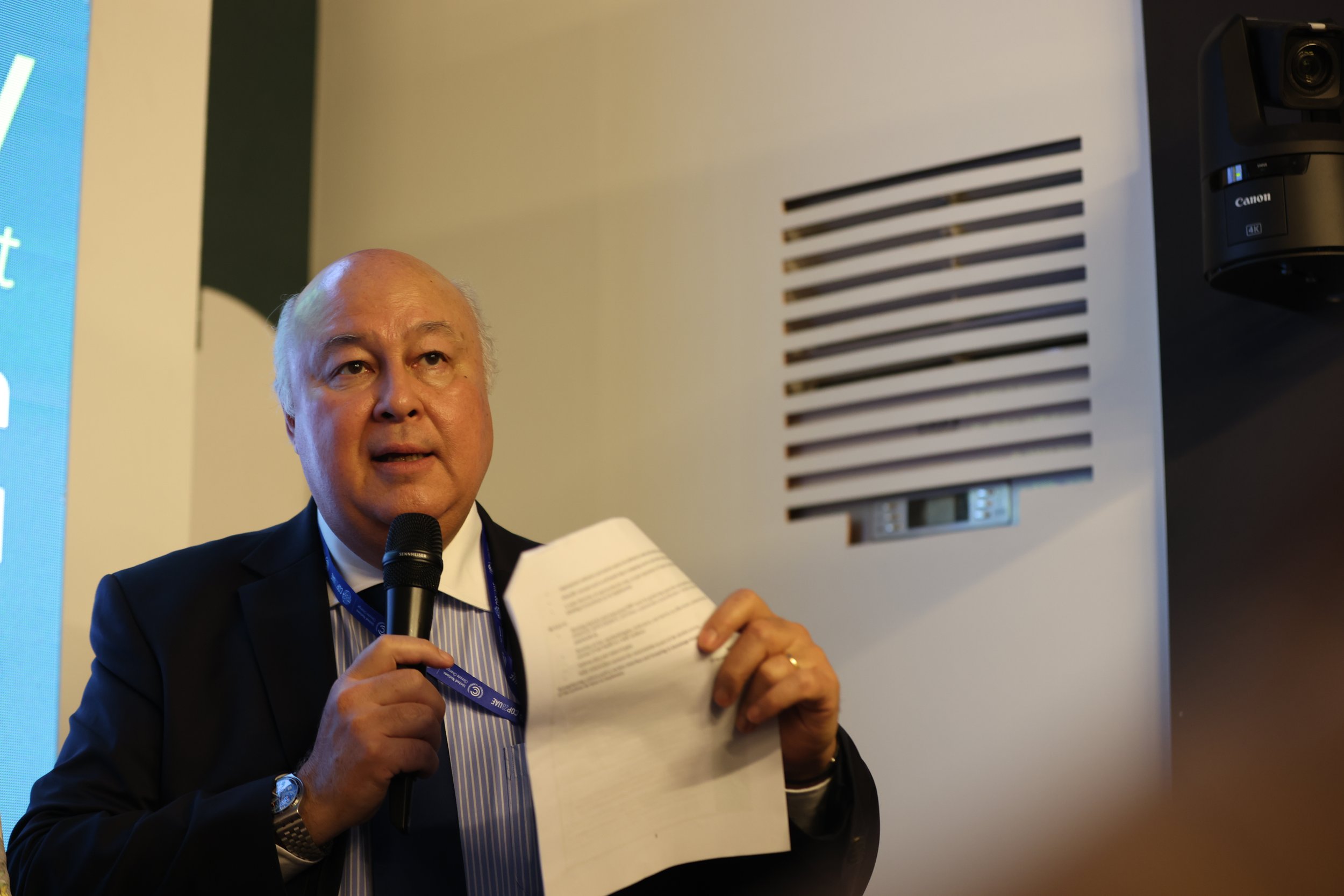
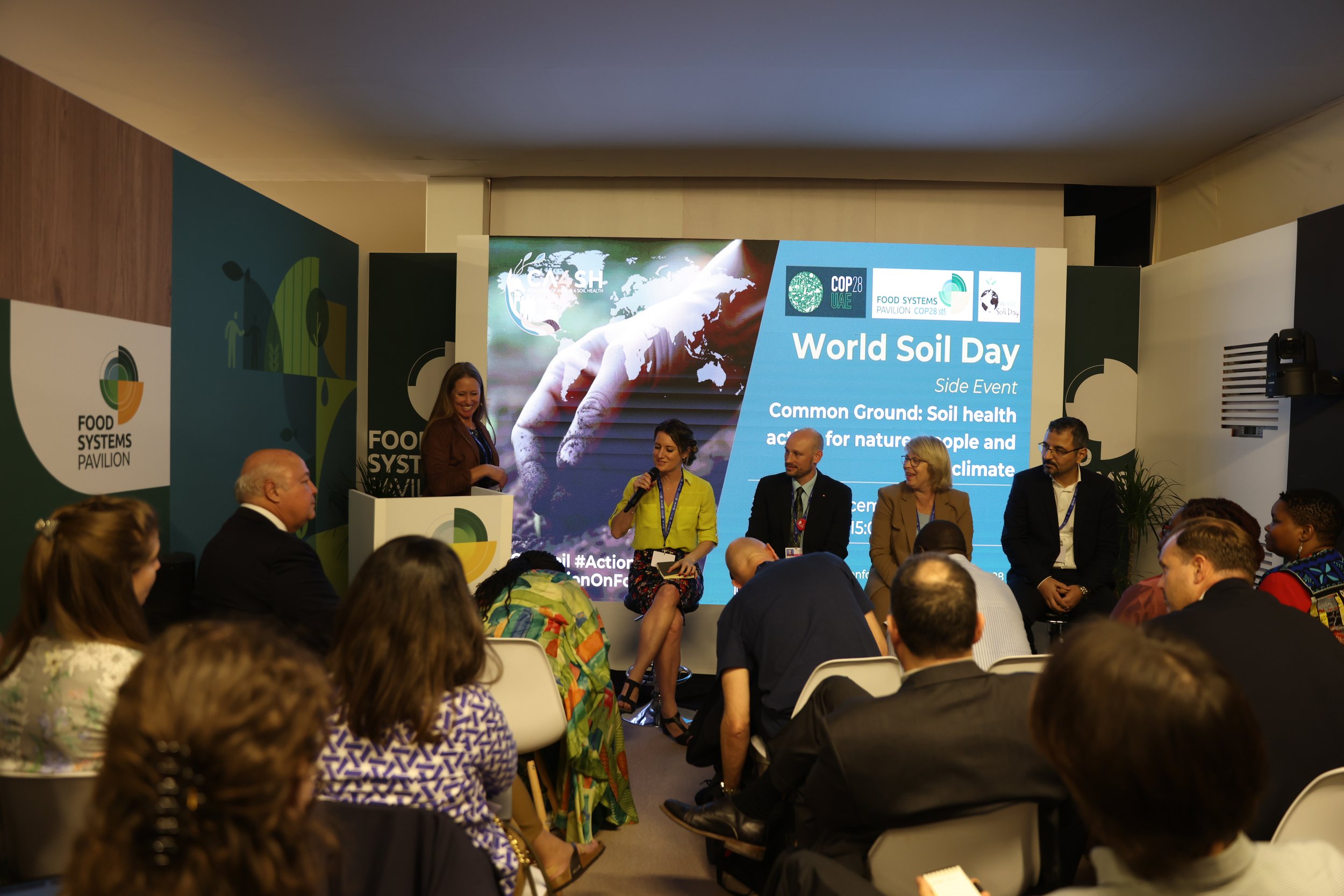

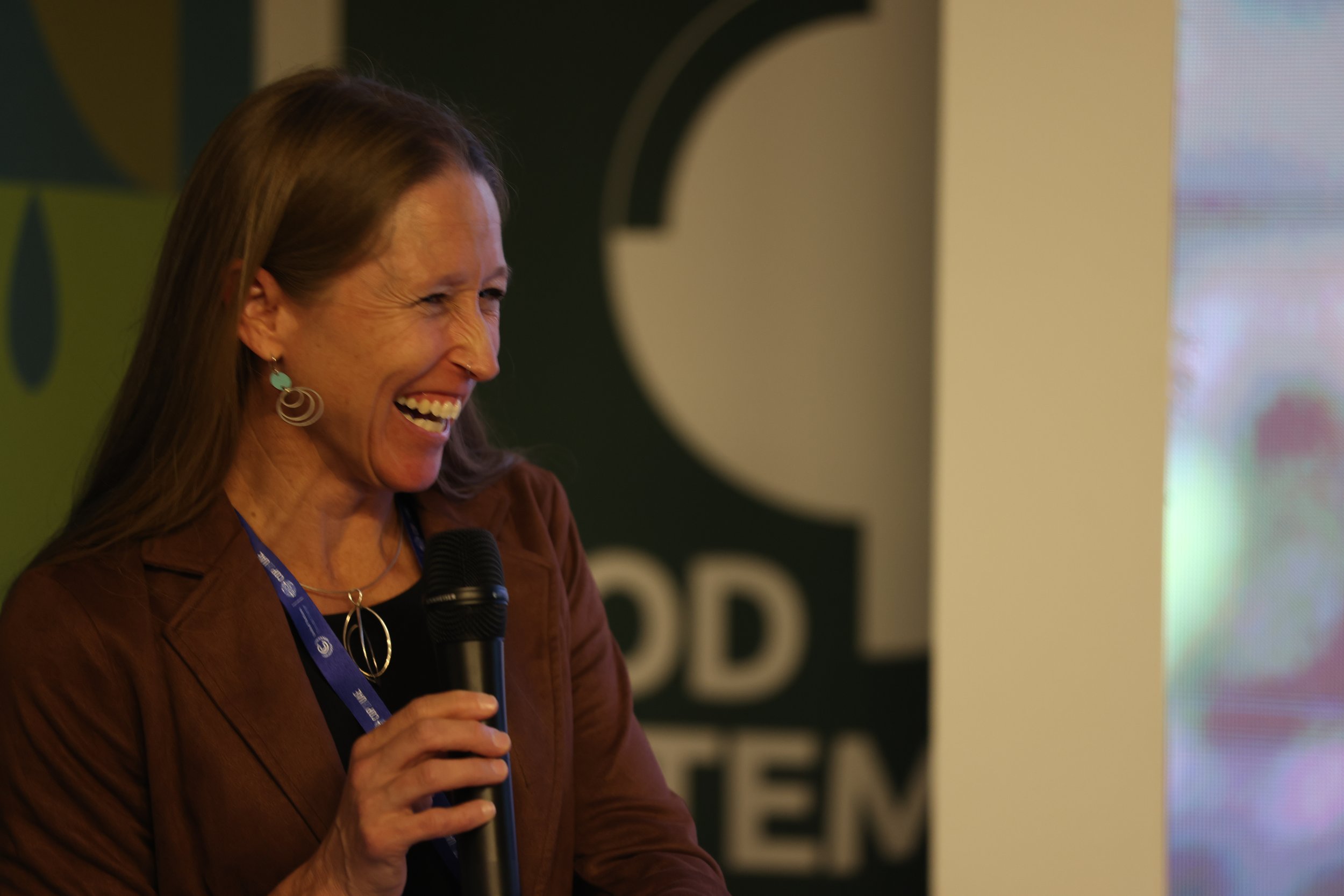
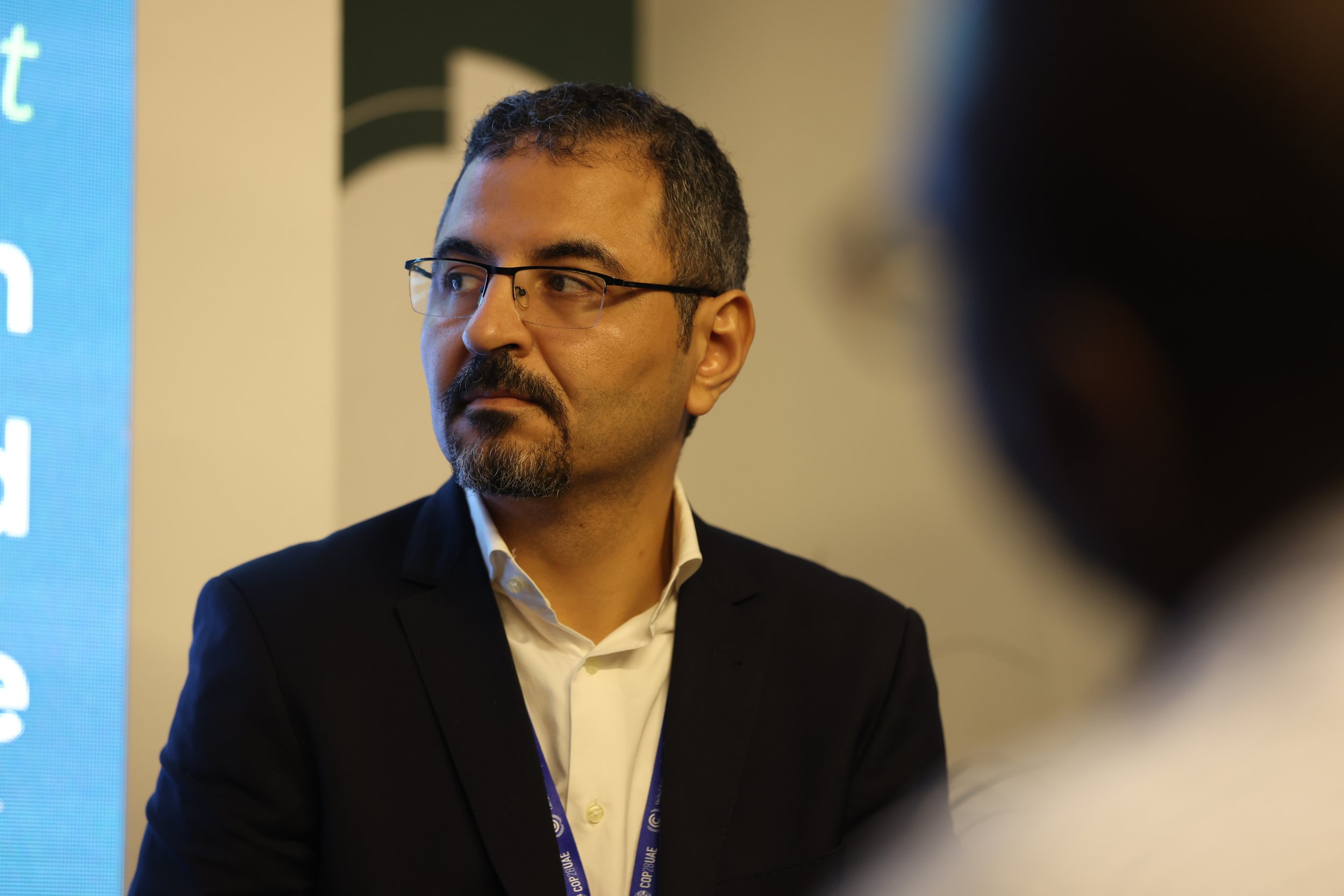

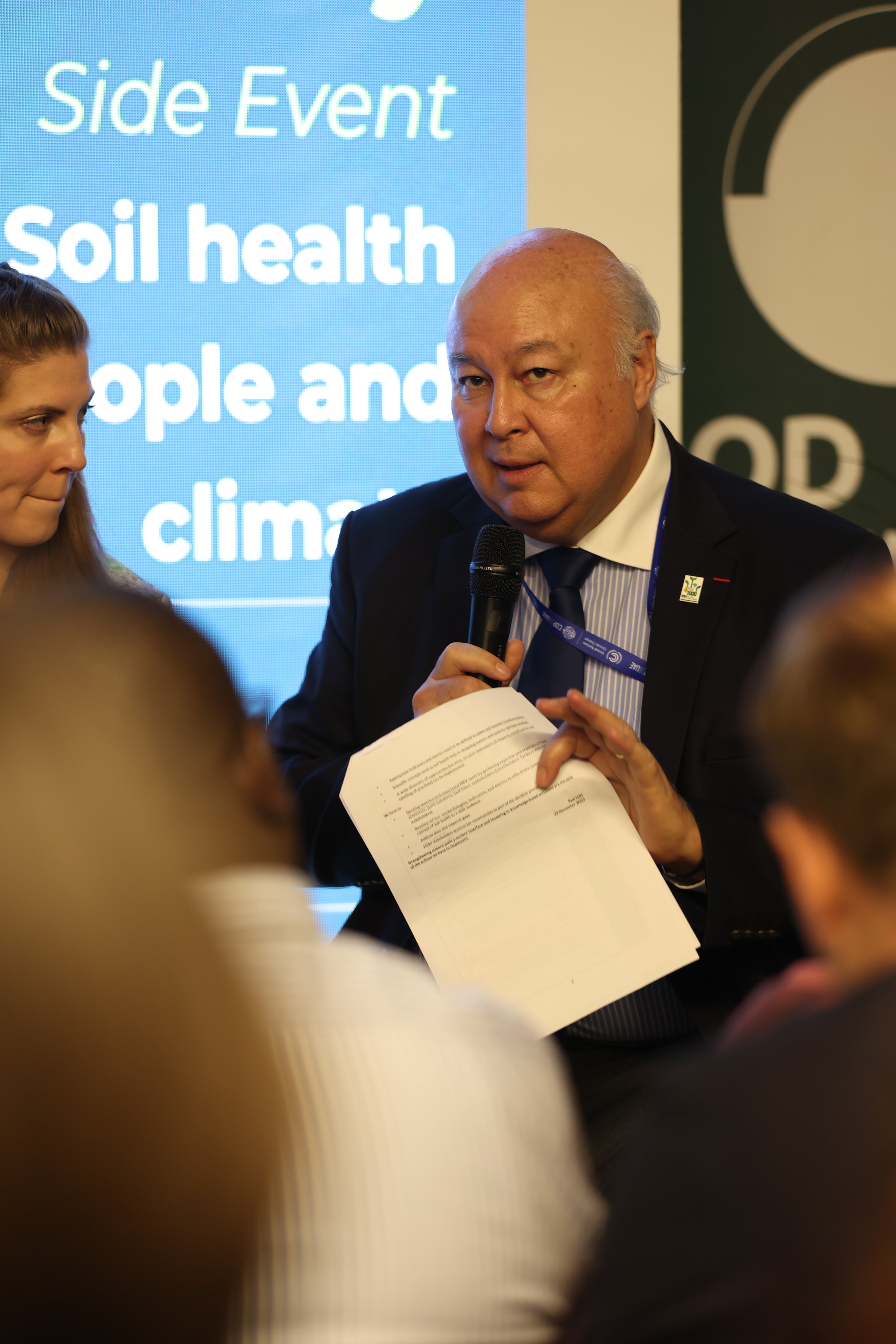
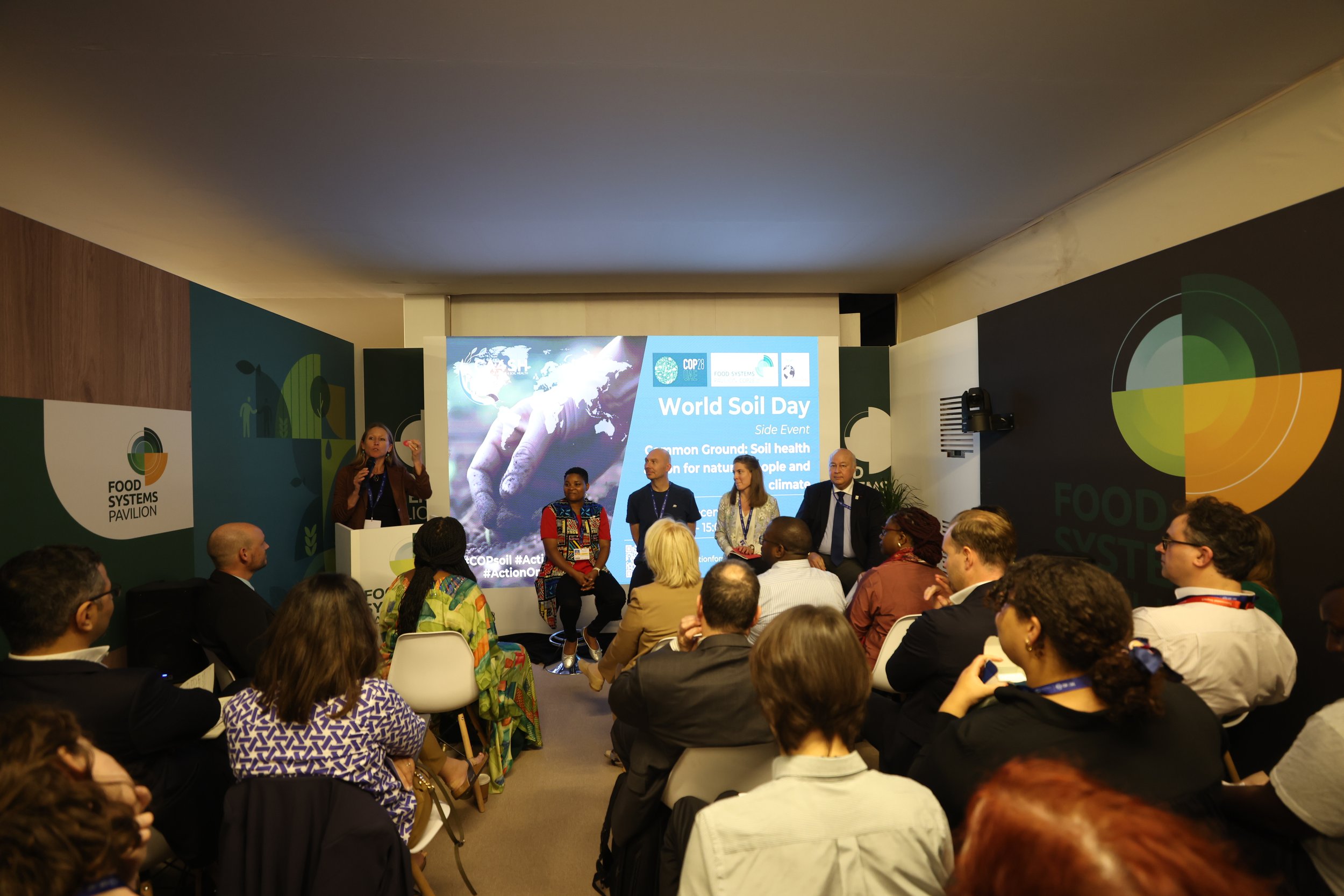
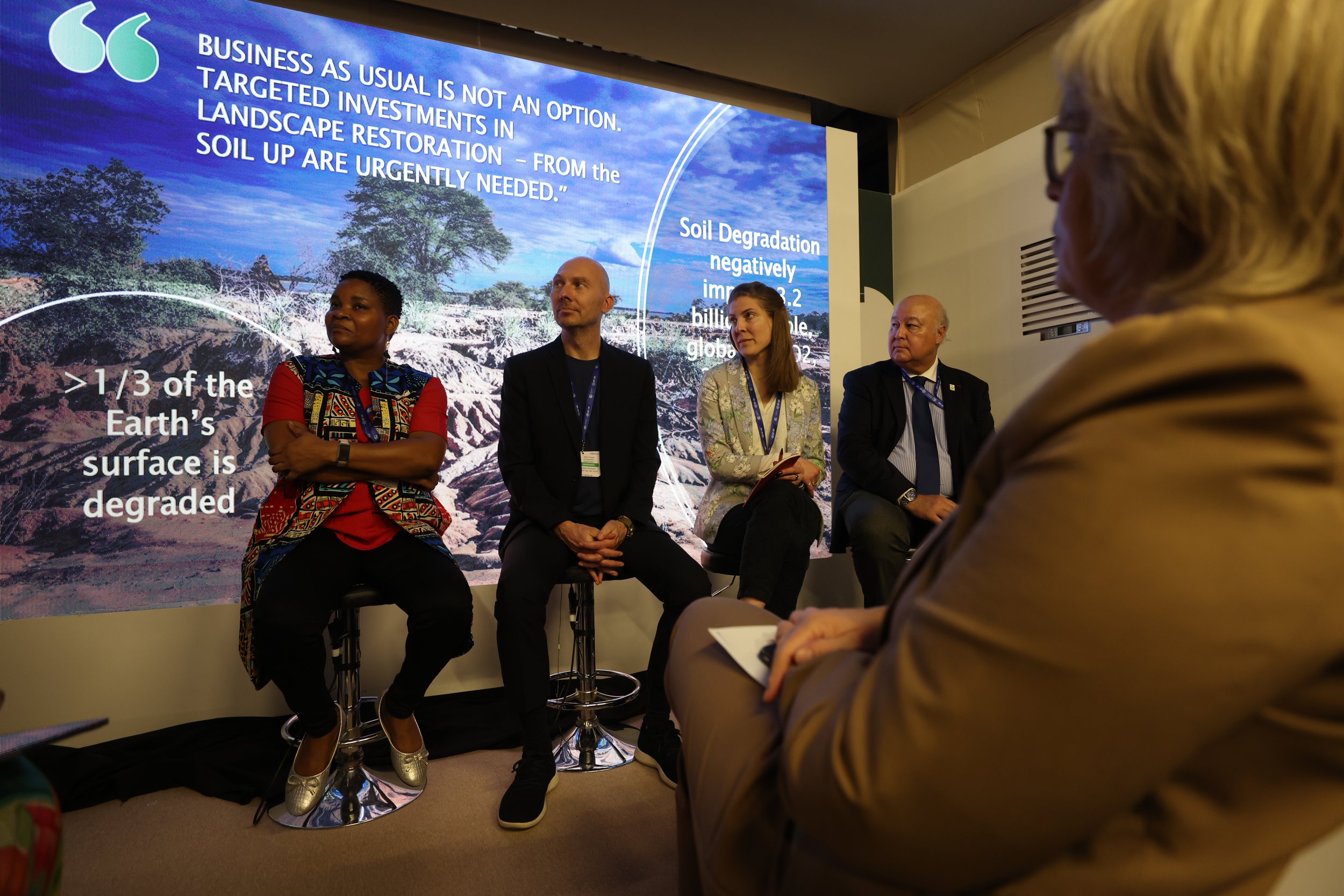
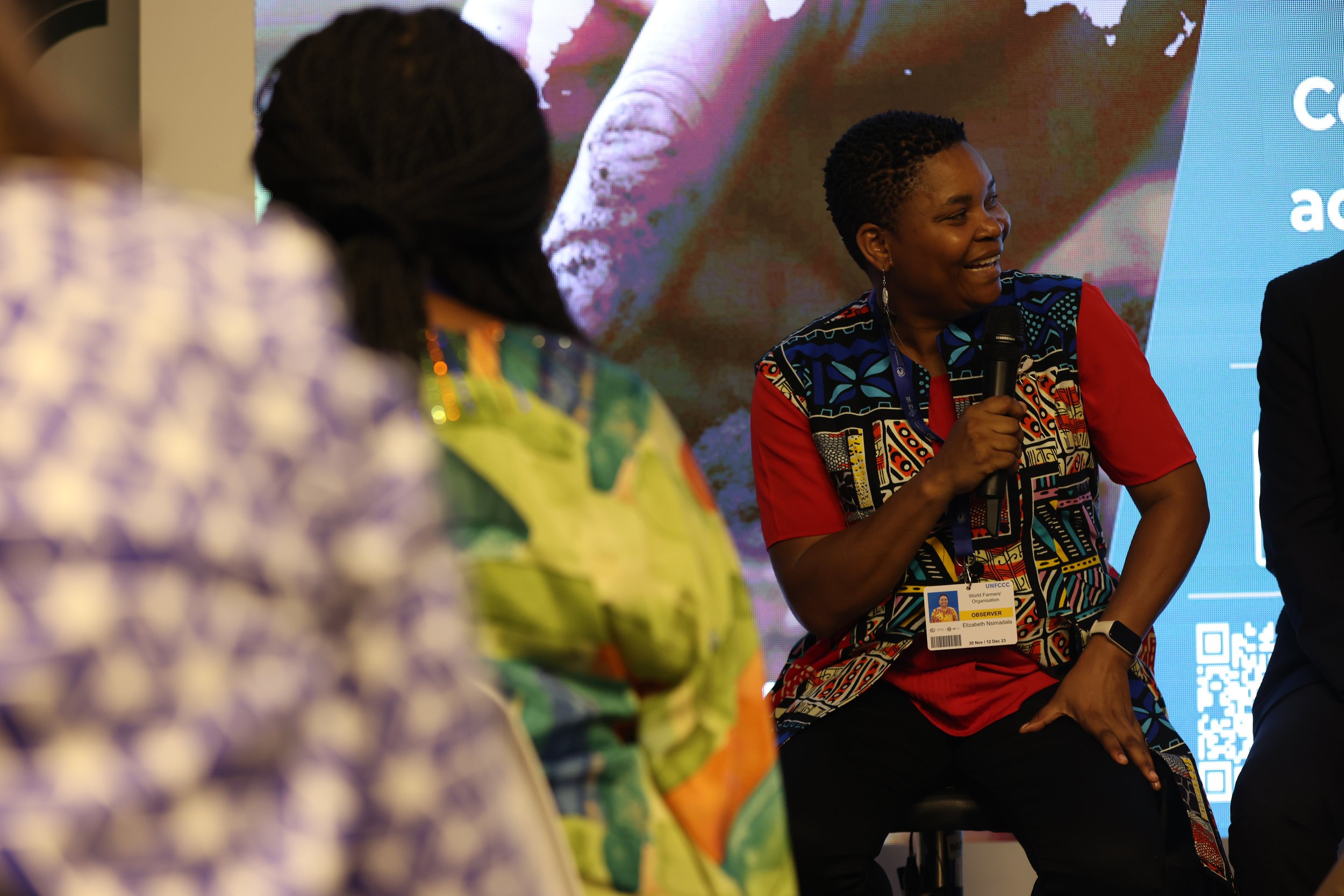
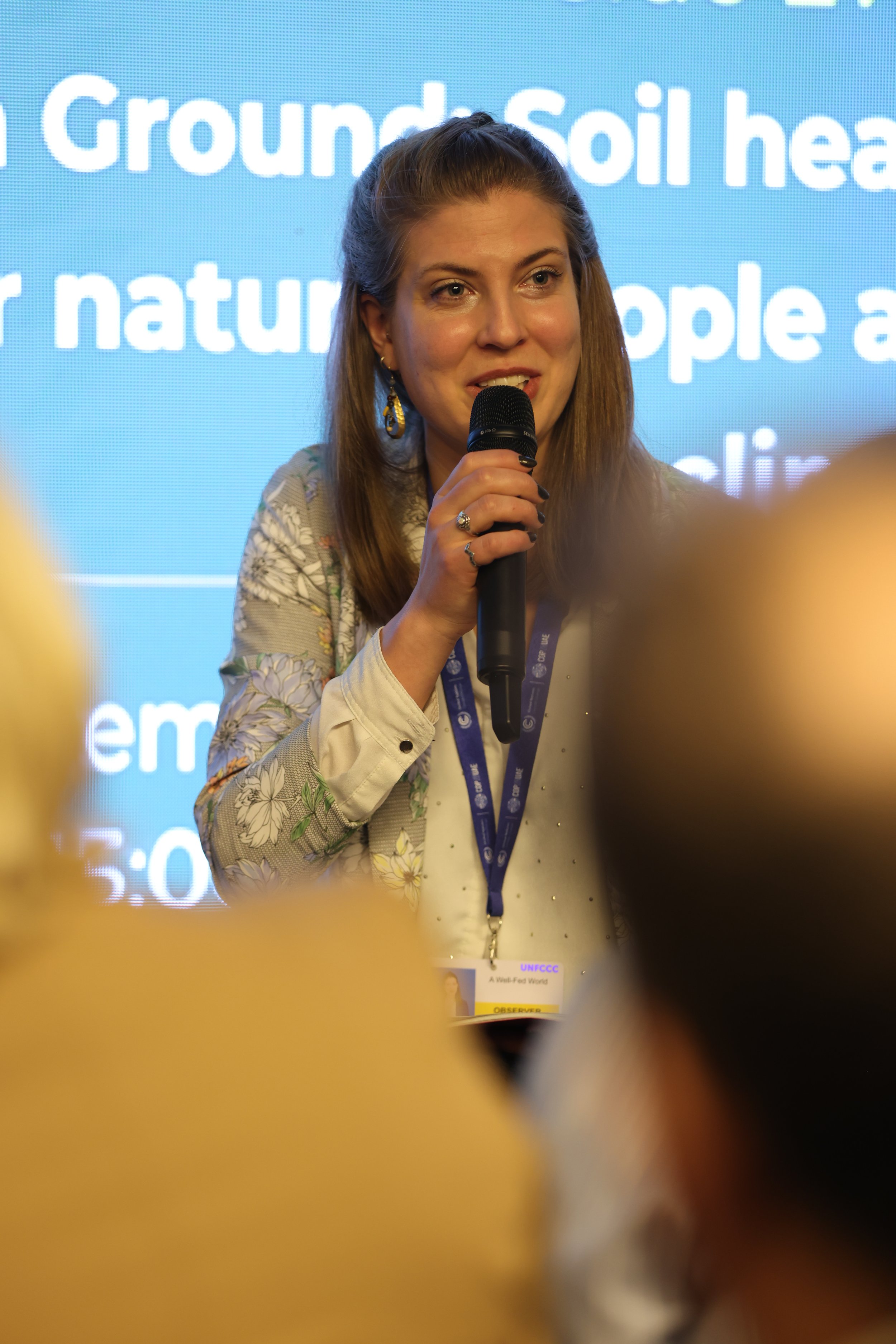
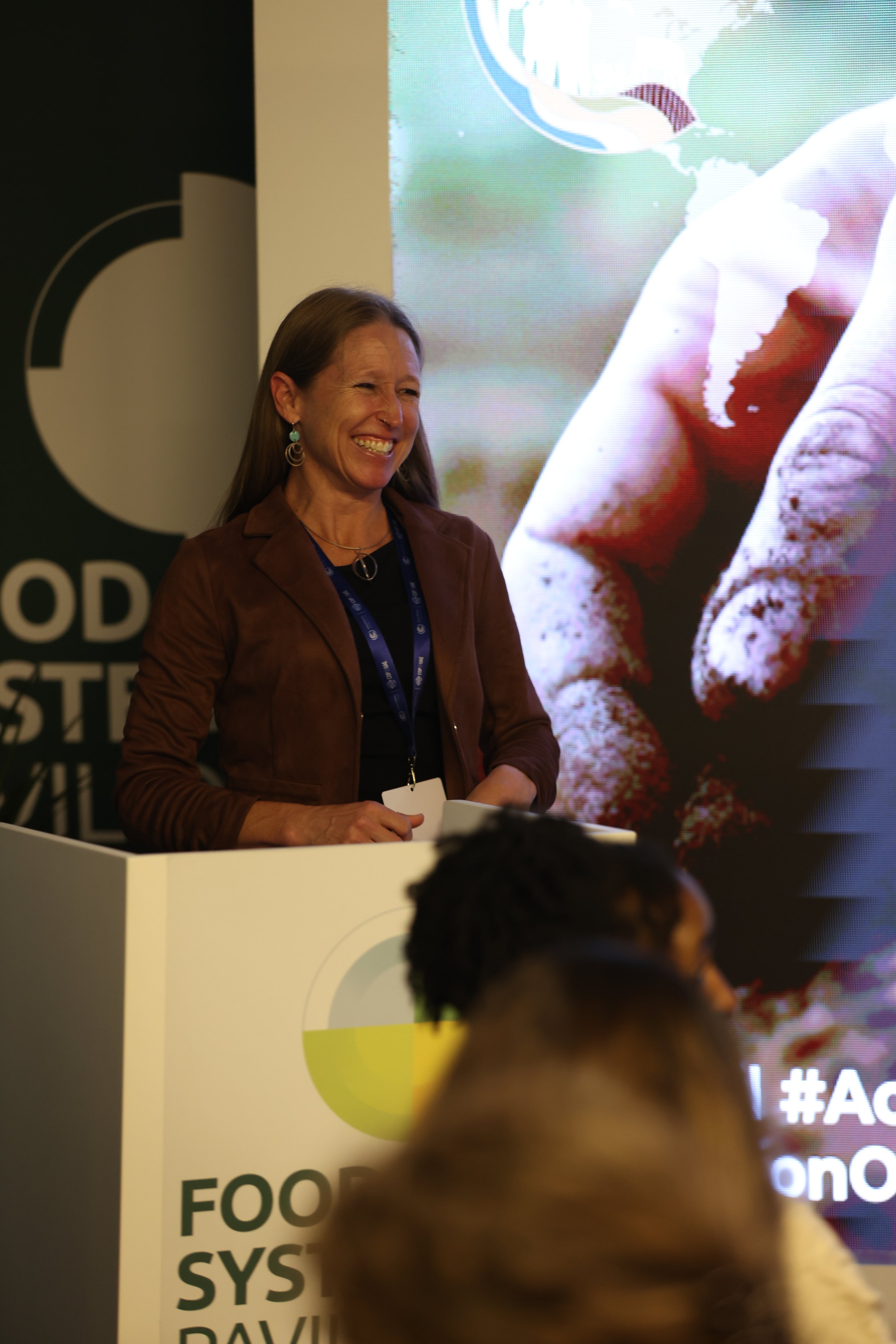
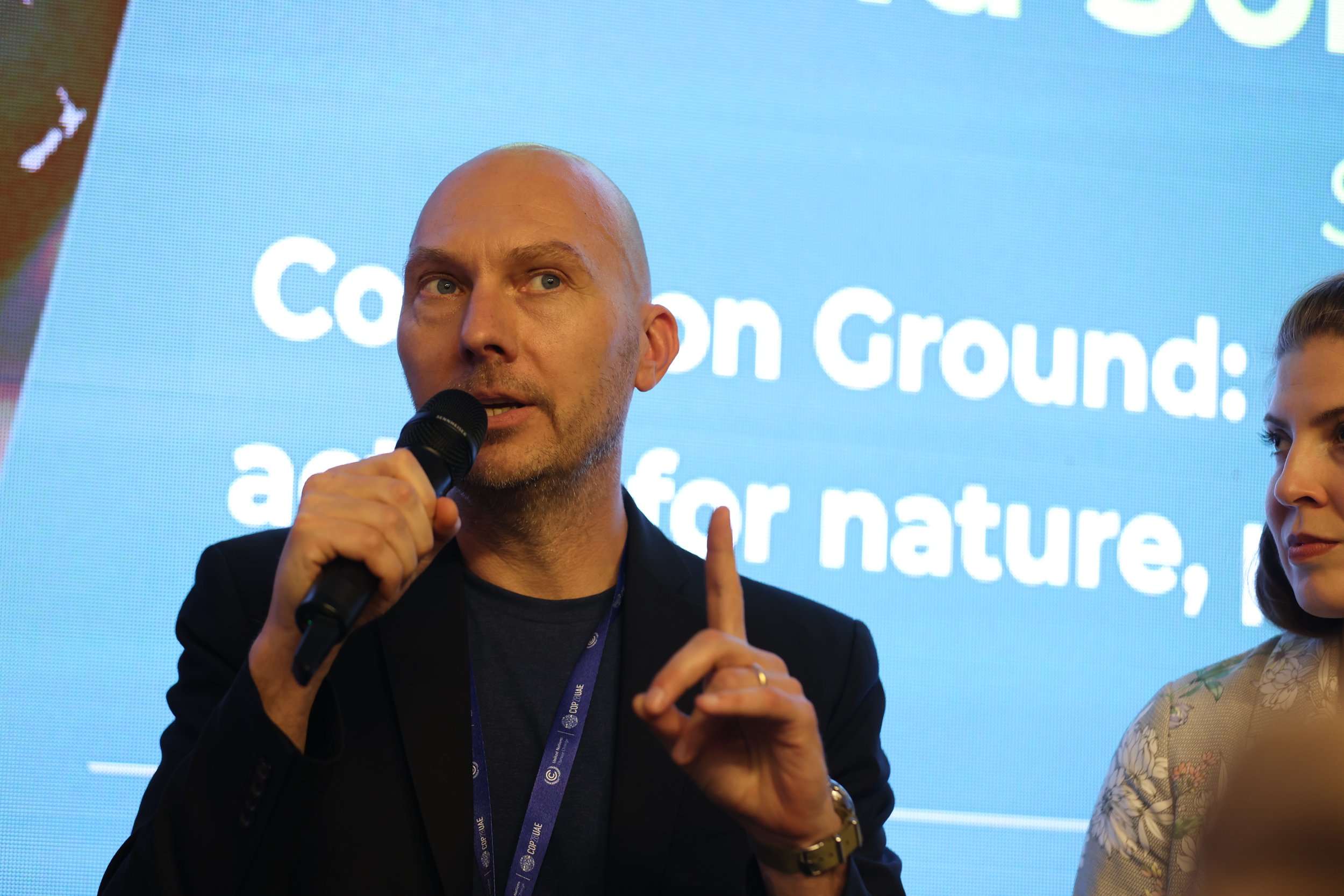

Defining Soil Health and Its Crucial Role
The event was kicked off by outlining the importance of soil health, underscoring its role as the biologically active layer of Earth’s surface, with physical, biological, and chemical components. Soil, a complex ecosystem, sustains productivity, biodiversity, and vital environmental services (learn more from the Intergovernmental Technical Panel on Soils, 2020) such as carbon sequestration, regulation of the water cycle, and supporting food and nutrition security.
Threats and Urgency
Alarming statistics were highlighted, indicating that over a third of Earth’s surface, including half of agricultural soil, is currently degraded. Urgent transformative actions were emphasized as vital, with projections suggesting that without intervention, more than half of our arable land might become unusable in the coming decade. The need to transform food systems emerged as an urgent imperative.
Actions for Promoting Healthy Soil Ecosystems
Taking immediate action became a focal point, advocating for integrating soil into policies, expanding research and monitoring, and increasing soil practices among farmers whilst ensuring that actions are based on evidence. Emphasis was placed on the role of agroecology and agroforestry, which, if scaled up, could significantly contribute to soil health restoration and improved productivity. Actions must be supported by policymakers, subsidies and finance to build healthy soil ecosystems.
Role of the Private Sector and Governments
The significance of the private sector in supporting farmers through financing, accessible and inclusive technology, and partnerships was emphasized. Governments were urged to prioritize soil health in policies, linking it to both environmental and development outcomes. Notably, soil health and biodiversity were integrated into the Emirates Declaration on Sustainable Agriculture, Resilient Food Systems and Climate Action, receiving endorsements from over 130 world leaders. The importance of leveraging this momentum to facilitate implementation and action on the ground to scale soil health globally was stressed. Speakers called for the integration of soil health in the Nationally Determined Contributions (NDCs), in the negotiations, outcomes of the climate conference, and national biodiversity strategies.
Engagement of Youth, NGOs, and Civil Society
The involvement of youth organizations in raising awareness and advocating for soil health was highlighted, emphasizing the need for capacitating the younger generation in understanding the critical role soil plays across all fields. The essential role of NGOs in advocating for soil health and in implementing initiatives aimed at managing, restoring, and protecting landscapes was underscored. This was further echoed in the Non-State Actors Call for Action signed by a broad coalition composed of over 150 farmers and other frontline food systems actors, businesses, cities, consumers, civil society, philanthropies and other players.
Call for Collaboration and Action
Stakeholders highlighted that healthy soil is foundational for resilient and inclusive food systems. The call for collaboration and partnerships among public and private actors to scale up healthy soil practices was reiterated. Long-term commitment, investment, policy coherence, and knowledge sharing were pinpointed as crucial aspects for immediate action and successful implementation.
The event concluded with a resounding call to action, emphasizing the urgent need for collective mobilization of resources, technical support, and sustainable partnerships to restore and preserve soil health, ensuring resilient and prosperous food systems for generations to come.
Hear from our speakers
Session Moderator:
Dr. Leigh Winowiecki, Theme Leader: Soil and Land Health, CIFOR-ICRAF, Co-founder of CA4SH
“Soil is under threat, over ⅓ of Earth’s surface is degraded. Business as usual is no longer an option.”
Eliane Ubalijoro, CEO, CIFOR-ICRAF
“Soil is the skin of the Earth. Let’s continue building on the momentum. Let’s continue building partnerships, sharing knowledge and guiding policy to heal the Earth’s skin.”
Elizabeth Nsimadala, President, Eastern Africa farmers federation (EAFF)
“Soil is the largest resource for carbon sequestration to transform our food systems and for climate resilience. We need to make sure that healthy soil practices that are small in nature are put to scale by different farmers across different regions. ”
Roland van der Vorst, Head of Innovation Rabobank & CEO Rabo Carbon Bank
“Our most scalable project is Acorn, an agroforestry incentivizing program for smallholder farmers worldwide, monitoring increase in biomass and creating carbon credits with 80% going back to the farmer.”
Genna Tesdall, Director, Young Professionals for Agricultural Development (YPARD)
“Youth needs partnering. There are a lot of young, energetic professionals looking to further their careers. There’s a big opportunity for soil health, agroecology and other initiatives.”
Paul Luu, Executive Secretariat, 4 per 1000
“We know that food systems need to be part of the solution for climate change. Without changing the paradigm of agriculture, we will never reach the objectives of the Paris Agreement.”
Erica Johnson, Sustainability Affairs Officer, Agreena
“The soils in one teaspoon have more living organisms than there are people on Earth. By nourishing and renourishing our soils, we're able to deliver on significant impact across the board.”
Nikita Eriksen-Hamel, Deputy Director, Policy and Practice, Global Affairs Canada
“We need to improve coherence of policy frameworks, improve the recognition of soil health in the application of OECD DAC policy markers, and advocate and elevate messaging on soil health.”
Martina Fleckenstein, Global Policy Director, Food, WWF International
“The doors are more than open to strengthen soil. It’s important that it happens in an inclusive way, integrating all the people and stakeholders dealing with soil, including producers and consumers.”
Naoufal Mahdar, Vice President, Climate Action & Decarbonization, OCP Group
“MRV for carbon farming needs technologies scaled up and a fair business model for farmers.”
Estherine Fotabong, Director of Agriculture, Food Security and Environmental Sustainability, AUDA-NEPAD
“The heightening political attention on restoring the health of soil as the foundation of food systems is an opportunity to urgently drive policy, innovation, practices, and investments that are required to rebuild our soils.”
Key Resources
The recording of the session is available here.
Access the COPSoil clearing house that highlights all the engagement from across our membership and beyond.
Policy Brief: Healthy soils sustain food system transformations to contribute to the net zero CO2 emissions target by 2050. Authored by 4 per 1000, CIRAF, and IRD. Published in November 2023.
Towards a definition of soil health. Authored by the Intergovernmental Technical Panel on Soils. Published in 2020.
Emirates Declaration on Sustainable Agriculture, Resilient Food Systems and Climate Action. Launched 1 December 2023.
Transforming Food Systems for People, Nature, and Climate: A Shared Call to Action. November 2023.
Food Forward NDCs: Guidance to enhance NDC ambition and implementation for agriculture and food systems transformation. Authored by WWF, Climate Focus, GIZ, BMWK. To be published soon.











